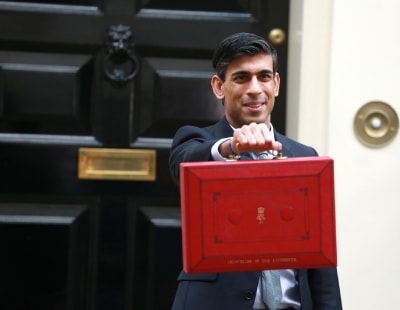
The government claims its stamp duty holiday has supported nearly 750,000 jobs thanks to the ripple effect in the economy.
A statement from HM Treasury says house sales rose 15.6 per cent in August following the introduction of the stamp duty holiday, following a 14.5 per cent rise in July – partly, at least, down to pent-up demand after the spring lockdown.
The increase in transactions came after Chancellor Rishi Sunak announced a temporary stamp duty holiday for residential properties worth up to £500,000 from July 8 until March 31.
The Treasury calculates the holiday means nine out of 10 buyers will pay no SDLT at all, with an average saving of £4,500.
The government calculates the 750,000 figure by including businesses across the housing supply chain and beyond, with the Bank of England estimating that households who move home being more likely to purchase durable goods such as furniture, carpets or major appliances.
It is expected that housebuilders, estate agents, tradespeople, DIY stores, removal and cleaning firms could all benefit from the increased activity.
“Every home sold means more jobs protected – helping us to deliver on our Plan for Jobs. But this isn’t just about the housing market” says a statement from Sunak.
“Owners doing up their homes to sell and buyers reinvesting stamp duty savings to make their new house feel like a home are also firing up local businesses, supporting, creating and protecting jobs across the country.”
To bolster its argument, the government cites figures from the Building Societies Association showing a sentiment change amongst buyers, while separate data from Checkatrade shows more than one in 10 Britons hope to buy before the end of June, with a third spending their saved stamp duty payment on improvements and renovations.
